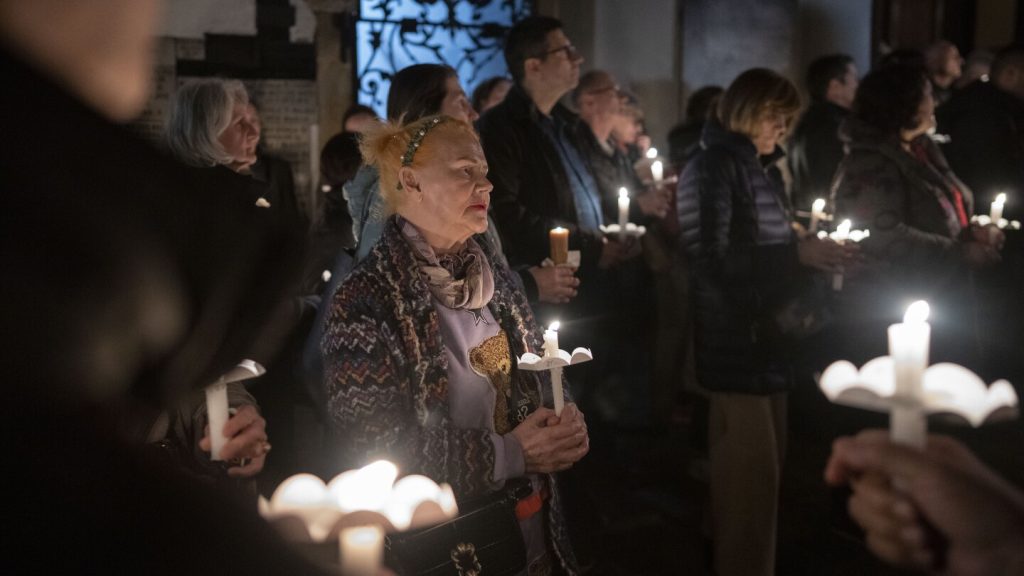In Croatia, religious and neo-conservative groups have been pushing to ban abortions, sparking a fierce debate in the staunchly Catholic nation. While abortion remains legal in Croatia, access to the procedure is often restricted, leading many women to seek abortions in neighboring Slovenia. This movement to restrict abortion rights is a stark contrast to Croatia’s past as part of the former Yugoslavia, where abortion rights were protected in the constitution 50 years ago. The debate has divided the country, with some arguing that it is a basic right for individuals to decide what they will do with their bodies.
Following France’s recent decision to include the right to abortion in its constitution, activists in the Balkans have been reminiscing about the former Yugoslavia’s progressive stance on abortion. However, the resurgence of nationalist, religious, and conservative sentiments in post-Communist countries has threatened the legacy of liberal abortion laws. Despite Croatia’s split from Yugoslavia in 1991, the country’s abortion laws remained intact. Doctors were later granted the right to refuse to perform abortions in 2003, leading many women to seek abortions in Slovenia due to restrictions in Croatia.
Feminist activists in Croatia have pointed out the gap between the country’s laws and the actual access to abortion, with conservative groups and the Catholic church influencing the situation. A current campaign by the “for life” movement in Croatia aims to ban abortions through prayers, vigils, and lectures. Men’s organizations like Muzevni Budite have also joined the movement, promoting traditional gender roles and male dominance while campaigning against abortions. The limited access to abortion in Croatia was highlighted in the case of a woman who was denied an abortion for her fetus with serious health problems, leading to uproar and protests from Croatia’s liberal community.
The issue of conscientious objectors among doctors in Croatia has further restricted access to abortion, with some hospitals reporting 100% of doctors refusing to perform the procedure. This has led to Croatian women traveling to Slovenia for abortions, as the medical community in Croatia remains divided on the issue. The history of abortion rights in Yugoslavia dates back to the 1950s when it was legalized, with the constitution later affirming the right of individuals to freely decide on the birth of children. While France’s recent decision to include abortion rights in its constitution has sparked discussions in the Balkans, countries like Serbia and Slovenia have already included the freedom to choose in their constitutions. Bosnia also allows abortion during the first 10 weeks of pregnancy, although economic challenges exist in the post-war country.
The movement to ban abortions in Croatia has sparked intense debate and division among the population, reflecting broader trends in post-Communist countries where nationalist and conservative sentiments are on the rise. Despite the historical protection of abortion rights in Yugoslavia, the current situation in Croatia highlights the challenges faced by women seeking access to safe and legal abortions. The influence of conservative groups and the Catholic church has further complicated the issue, leading to restrictions and barriers for women in need of abortion services. As the debate continues, activists and progressive groups are advocating for the protection of women’s rights and access to reproductive healthcare in Croatia and beyond.


